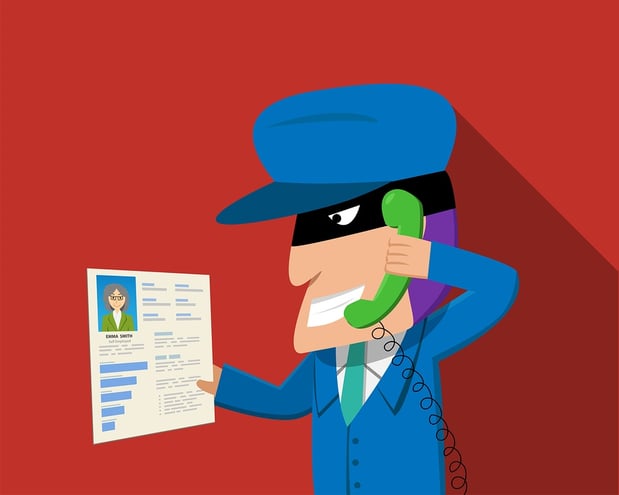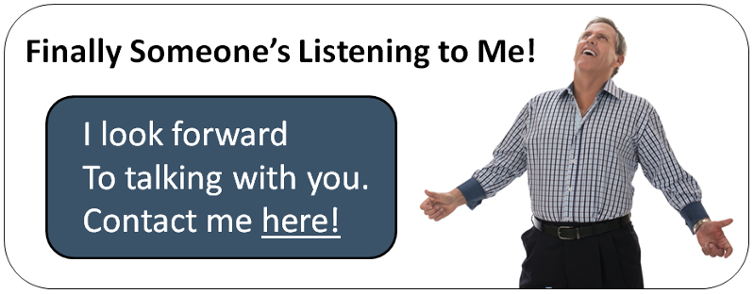 On March 23'rd the FCC is holding a joint policy forum on illegal robocalls and private sector solutions to stop them. "Scam robocalls and deceptive spoofing are real threats to American consumers, and they are the number one consumer complaint at the FCC, " says Federal Communications Commission Chairman Ajit Pai in the joint FCC/FTC release.
On March 23'rd the FCC is holding a joint policy forum on illegal robocalls and private sector solutions to stop them. "Scam robocalls and deceptive spoofing are real threats to American consumers, and they are the number one consumer complaint at the FCC, " says Federal Communications Commission Chairman Ajit Pai in the joint FCC/FTC release.
Committed to using "every tool we have."
The FCC also put out a consumer alert to give folks a heads up about "neighbor spoofing" scams - managing caller ID's to make them local numbers and increasing completions. They're urging consumers to no longer rely on return ANI's to get reliable information on a calls geographic origination - and to not give out any private data. They also like individual call blocking tools now widely available.
No solutions in sight.
The FCC likes to talk about their proposed $200 million in fines against telemarketers in 2017, but not so much about actual damages collected. Preferring to lean on public forums, possible private solutions
More consumer tips from the FCC.
-
If the caller claims to be from a legitimate company or organization, hang up and call them back using a valid number found on their website or on your latest bill if you do business with them.
-
If you answer and the caller (often a recording) asks you to press a button to stop receiving calls or asks you to say “yes” in response to a question, just hang up. Scammers often use these tricks to identify, and then target live respondents, or to use your “yes” to apply unauthorized charges to your bill.
-
If you answer and the caller asks for payment using a gift card, it’s likely a scam. Legitimate organizations like law enforcement will not ask for payment with a gift card.
-
If you have lost money as a result of a scam call, contact your local law enforcement agency for assistance.
-
Consider registering all of your telephone numbers in the National Do Not Call Registry. Lawful telemarketers use this list to avoid calling consumers on the list.
"Scam Likely" caller ID's cut call completions.
The Telemarketing industry has suffered as call pickup rates continue to be down 35% since the carriers took it upon themselves to interrupt questionable solicitation calls with the dreaded identification. T-Mobile is most efficient, with a 97% scammer identification rate, but other providers are catching up fast. Add in available private apps providing the same service, and consumers are better armed than ever to just not pick up on unwanted solicitations.
As the FCC puts it:
Today’s technology also allows scammers to more easily and cheaply spoof telephone numbers, manipulating the caller ID information so that they appear to be calling from your local area. Although spoofing technology has legitimate uses, it is often abused by scammers. The Truth in Caller ID Act prohibits spoofing with the intent to cause harm, defraud, or wrongfully obtain anything of value. Consumers rely on caller ID information to make decisions about what calls to accept, ignore, or block. Accurate caller ID information is a vital tool that consumers use to protect their privacy, avoid fraud, and ensure peace of mind.
To hear what this stuff actually sounds like, check out this bogus IRS scammer in action posing as a threatening IRS collector - calling
For more information on proper call prohibition solutions, just call my personal line at 561-317-301 or email me here - Bob.
Related Articles:







